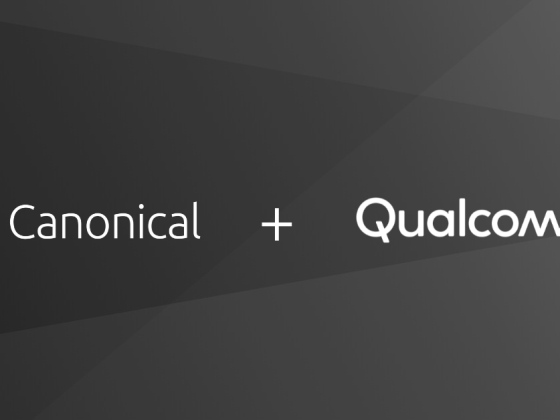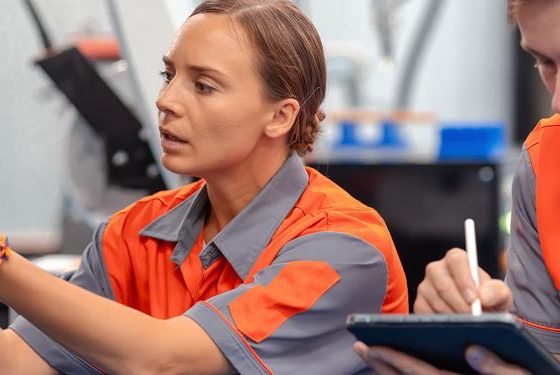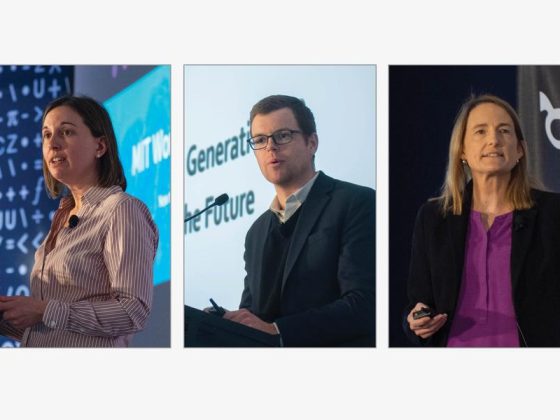Will the Metaverse(s) change humanity as we know it? Will the Metaverse(s) be the ultimate augmentation of human perception? Will it become an agora for our dreams (and, of course, nightmares), able to transform human perception entirely? Has it already started?
Meta founder Mark Zuckerberg has unveiled several ambitious artificial-intelligence projects, describing AI as “the key to unlocking the Metaverse”.
From our partners:
In his video demonstration, he created a basic virtual world – including an island, trees and a beach – using the AI feature Builder Bot.
Mr Zuckerberg also announced a plan to build a universal speech translator, aiming to provide instant speech-to-speech translation across all languages. The company previously set a goal for its AI system to translate all written languages.
He said, “The ability to communicate with anyone in any language is a superpower that was dreamt of forever.”
Meta’s early metaverse platform, called Horizon Worlds, already allows people to socialize virtually while represented by avatars.
“The kinds of experiences you’ll have in the metaverse are beyond what’s possible today,” Zuckerberg said as he opened a conference aiming to offer a glimpse inside Meta’s development labs.
A Different Beast
Meta is exploring how artificial intelligence can be used to moderate content and activity in the metaverse, its AI head Pesenti told Reuters.
“We use a lot of AI for moderation on our main platforms … the metaverse is a bit of a different beast, it’s a lot more real-time,” said Pesenti, who said this was “evolving work” and that Meta was still figuring out the policies for metaverse activity.
At the AI event, Zuckerberg said Meta was preparing for how AI could interpret and predict the types of interactions that would occur in the metaverse, by working on “self-supervised learning” – where AI is given raw data rather than being trained on lots of labelled data.
Zuckerberg said Meta was also working on egocentric data, which involves seeing worlds from a first-person perspective. He said it had brought together a global consortium of 13 universities and labs to work on the largest ever egocentric dataset, called Ego4D.
Meta also said it would expand free education initiatives aimed at bringing more racial minorities into tech, which researchers say is critical to create AI systems free of bias. About 80 per cent of data analytics and AI executives identify as men and 65 per cent as white, according to a recent survey across the United States and Europe by recruiter Heidrick & Struggles.
The Answer To The Question
Yes, it has already started.
The groundwork has already been laid. Sensors from our smartphones, social media, digital devices, and the digital data-driven companies that top the Fortune 500 comprise the new cathedrals, religions and tribal spaces for humanity. These technologies and the onset of the so-called Fourth Industrial Revolution, or 4IR, and the AI-driven Society 5.0 have seen more change in humanity in the last 50 years than in the previous 30,000 combined. And this is just the beginning!

The Fourth Industrial Revolution, also called Industry 4.0 is about robotics, artificial intelligence, nanotechnology, quantum computing, biotechnology, the Internet of Things (IoT), blockchain, 3D printing and autonomous vehicles.
Whether you like it or not, we are in the midst of the 4th Industrial Revolution and have been so for many years. It has and will continue to fundamentally change the way we engage with each other, work, and go through life. It is exhilarating as it is terrifying.
For enquiries, product placements, sponsorships, and collaborations, connect with us at [email protected]. We'd love to hear from you!
Our humans need coffee too! Your support is highly appreciated, thank you!








